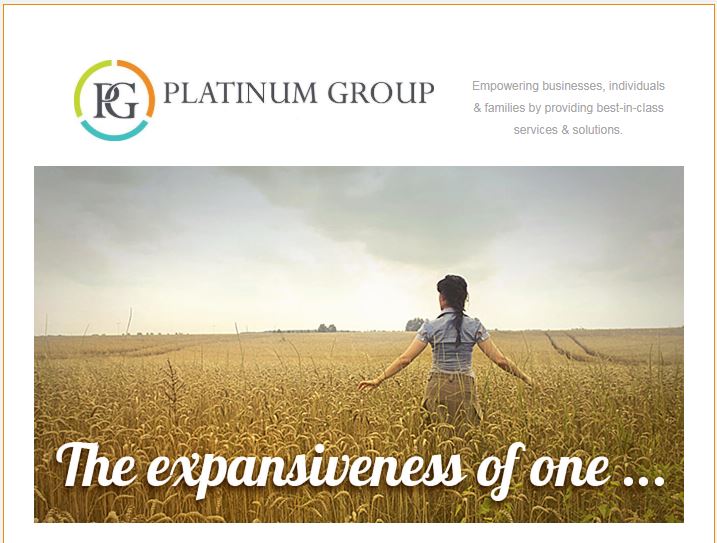Company executives, legal teams, and HR managers have been in a constant state of nervous apprehension through 2020. In addition to the economic challenges brought on by the pandemic, exposure to legal liability due to workplace safety issues, layoffs, remote work, FMLA, security, diversity, and many others have been causing sleepless nights.
As we go into 2021, the state of compliance is likely to remain unpredictable, at the very least. Regulatory bodies and authorities have been passing new and expansive measures that could easily pass by unnoticed and land you in serious trouble.
For example, there have been more than 50 employment law changes this year and at least half that many still in the pipeline, and yet failing to post one of these in the workplace could mean a $35,000 fine.
You cannot afford to let your guard down in 2021 if you hope to stay compliant despite the constantly changing trends and official regulations. In this spirit of eternal vigilance, here are the top compliance issues and solutions you can start addressing right away.
1. COVID-19 Workplace Safety
There have been numerous COVID-19 health and safety regulations issued at federal, state, and municipal levels and employers need to stay on top of them. The Center for Disease Control and Prevention (CDC) and Occupational Safety and Health Administration (OSHA) still recommend that people continue working at home wherever possible, but 2021 might see a lot of back to the office changes.
HR will be tasked with developing compliant guidelines for employees and management alike, including strategies for personal safety while staying clear of liability and legal exposure.
To minimize the risk of infection at the workplace, employers will need to follow all the relevant guidelines concerning social distancing, disinfection, workplace screening, and face coverings.
COVID-19 hazard assessment and field-level hazard assessments must also be conducted to help management understand and mitigate potential high-risk areas for infection.
2. Remote Work Policies
The flexibility and fluidity of remote work policies have enabled organizations to get through the COVID-19 pandemic, but have also caused a whole new set of compliance problems that will likely blow up in 2021.
Employees are likely going to demand the option to telecommute at least part of the time even after offices reopen in the new post-COVID world. Despite the potential benefits of remote working, many organizations are still struggling with a long-term work-from-home policy, and HR officials will be expected to work these kinks out.
- Reviewing identification and employment authorization documentation such as I-9, especially for new employees
- Preventing discrimination and segregation in the workplace
- Challenges with the gig economy, such as the hiring of independent contractors and foreign remote workers
- BYOD policy and remote access vs. security protocols
- Work/life balance for remote employees
- Violations and reprisals for rogue behavior
- Fraud and insider threats
- Keeping up with notices and communication requirements
The only way to address these challenges is to develop a comprehensive remote work policy that will be agreeable to all parties involved. In fact, it may be time to update your employee handbook to take care of all these new changes.
If necessary, telecommuting might be terminated to avoid these issues, but organizations stand to gain a lot more if they maintain this kind of flexibility sustainably.
3. FMLA & Time Off
After a request from the Department of Labor (DOL) for input to help amend the Family and Medical Leave Act (FMLA), the Society for Human Resource Management (SHRM) summarized the most salient FMLA challenges that HR teams face.
- How do you treat an absence of more than three days, even when there is no continuing treatment?
- How do employers obtain documentation to support leave to take care of seriously ill family members?
- Staying on top of patchwork regulations issued by state and local authorities
- Intermittent leave problems, where employees sometimes take as little as .10 of an hour in unscheduled leave with no notice
- Employees not providing sufficient notice before the leave period commences
Other challenges such as the Families First Coronavirus Response Act (FFCRA) will also extend into the new year. The FFCRA tax credit provisions will extend past 1st January 2021, but the leave regulations will not unless employers elect to do so.
Make sure to regularly review state and local labor laws and make sure that you post any changes prominently for all to see, either through wireless communication or physical noticeboards in the workplace.
4. Hiring & Recruiting
In 2020, many employers and HR teams had to deal with remote hiring and HR management. Then laws were enacted that banned employers from requiring applicants from providing a salary history. Ban the Box regulations surrounding the requirement for applicants to disclose their criminal history.
You will need to watch out for anti-discrimination laws, which are enforced by the Equal Employment Opportunity Commission (EEOC) and Office of Federal Contract Compliance Programs (OFCCP, a division of the DOL).
These compliance regulations require hiring and recruitment processes to be fair all the way from job listings to evaluation, data tracking, and recordkeeping for auditing purposes. These laws also apply to external contractors handling jobs exceeding $10,000 in contract value.
In short, you will need to make sure that your organization hires, recruits, and remunerates employees fairly and equally without regard to gender, religion, nationality, medical conditions, etc.
5. Rules Around Paying Back Government Aid
According to the CARES Act, the government aid loans will start to mature in 2021, after the grace period granted for all of 2020. The businesses and companies which received the aid package will need to start making repayments in January or, if unable, seek deferment for a period of not more than 1 year.
There is also the possibility of having the loans forgiven for SMBs that retained employees or rehired those laid off. If you're eligible, you may request forgiveness through a detailed application to the participating lender.
6. Overtime/Classifying Workers
Working from home has blurred the lines between work hours and home/personal time, which has raised immense compliance issues. For example, employees may clock in more time at home than the required 40 hours per week, which might necessitate overtime pay.
However, since regulations distinguish between those employees who are eligible for overtime and those who are exempt, HR teams will need to come up with a comprehensive overtime policy.
Employees should be clearly notified of their rights and procedures regarding overtime requests, approval, recording, and payment, especially when working from home. Distinctions should also be made for time off in lieu (TLOIL), overtime and holiday pay, non-guaranteed overtime, and compulsory overtime in keeping with employee rights and contractual agreements.
7. Form I-9
The new Form I-9 requirements that went into effect in May 2020 have been undergoing numerous extensions due to the COVID-19 pandemic. Specifically, remote working provisions have now forced the Department of Homeland Security (DHS) to defer the requirement for physical reviewing of I-9 documents for fully remote employees until January 31st, 2021. Stay abreast of new changes and news on the USCIS website to help you stay compliant.
About Platinum Group
Platinum Group is a human capital management resource with solutions to help you streamline operations so you’ll have time to manage your business. No matter which division you work with: Payroll/HR or Accounting, our team is built upon a foundation of support, service, camaraderie, and collaboration that we share both in-house and with our wonderful clients.
For more information about Platinum Group, please visit our website or schedule a demo of iSolved to experience our full-featured Human Resource Management Platform first-hand.

























